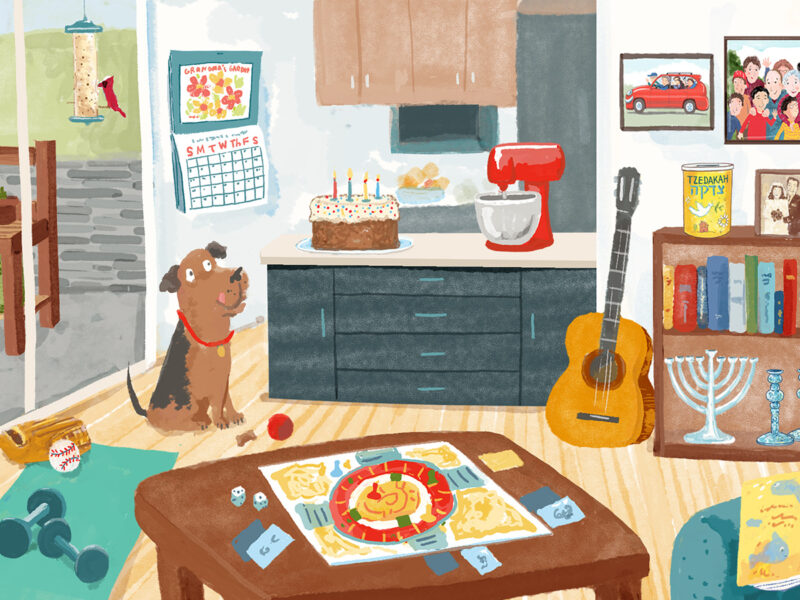
By Fred Sievert
We all understand and appreciate the need for sound financial planning during the years preceding retirement. Who among us hasn’t gone online to calculate our retirement “nest-egg” needs and then panicked because accumulating that much wealth seemed inconceivable; especially if we started the process at age 55 or later?
But there is another aspect to your retirement plans that are equally important. My own retirement has proven to be a magnificent experience of feeling happier, healthier and younger than I’ve felt in decades. How did I plan for that and how can you plan too?
While being prepared financially for a secure retirement certainly contributes enormously to our happiness, I have found it even more important to attend to all of the other nonfinancial aspects of post-career lifestyle and plans.
Caught up in the rigors of pursuing a career, many of us dream of a time in retirement when we can relax, pursue leisurely activities, travel more often, and hence we believe, enjoy life more fully. I remember when I was climbing the corporate ladder at New York Life and working 14 or more hours per day (with little reprieve on Saturday or Sunday). A half-hour with family was rare but wonderful. How wonderful it was to fantasize about the days when I would finally get some well-deserved rest and relief from that hectic pace.
However, like many people, since embarking on the very real retirement voyage, I have discovered that the formula for success and happiness has little to do with how much we relax, rest and enjoy leisurely activities. A happy retirement comes from continuing to live a life of consequence and impact.
Whether you’re in your 60s, 50s or even 40s, let me offer some advice on how to begin to explore and plan for your nonfinancial activities in your retirement years. The earlier you do this, the better since the planning you do now can position you for greater fulfillment later.
Perhaps the easiest way to start the nonfinancial planning process is to ask, and honestly answer the following three questions:
- What has made you happiest and provided the greatest gratification in your pre-retirement years? In short, what are your greatest passions?
- What are your unique gifts and skills that can be best utilized to generate the most satisfaction following your career?
- What can you do now to position yourself for the greatest impact on your world when you decide to scale back or retire from your current vocation?
The answers to questions like these are unique to every individual and will force you to wrestle with elusive concepts like “success,” “satisfaction” and “happiness.” Nonetheless, I think you’ll find it thought-provoking and enjoyable to go through the exercise of contemplation and answering.
My financial planning began long before retirement, but my nonfinancial lifestyle planning began in earnest just three years before my official transition out of my career. I benefited from the advice of a financial advisor, a personal coach and a spiritual coach.
Answering the Passion Question
Most of us are happiest when we are pursuing our passions. So step one for me was to clearly identify those activities and pursuits that left me with the greatest sense of accomplishment, self-worth, and therefore, happiness. I began to see retirement as a new beginning, a period of significance and impact rather than settling into a slower paced life of leisure.
Think about those activities that give you the greatest joy and sense of fulfillment and then attempt to articulate your passions in a sentence or two.
Answering the Gifts and Skills Question
It’s almost a certainty that there will be a high correlation between what you do well and what makes you happy. However, expand your thought process by reflecting on all kinds of moments in your life – beyond your work activities – when you have felt truly happy and fulfilled. What made time stand still?
Answering the Preparation Question
Having identified your passions and your unique gifts and skills, you need to consider how you will prepare for the next phase of your life and, in so doing, maximize your effectiveness and your ultimate happiness.
Don’t forget to remain physically active and take care of yourself. I believe that the combination of meaningful post-retirement engagement coupled with a physical exercise routine, proper sleep, and good eating habits has contributed to a dramatic improvement in all of my vital signs.
If you follow your own passions in a way that effectively deploys your own unique gifts and skills, I’m certain that you too will feel happier, healthier and younger in retirement.
Fred Sievert is an author and retired president of New York Life Insurance Co., a Fortune 100 company.




